Sign in for exclusive products and special discounts.
News
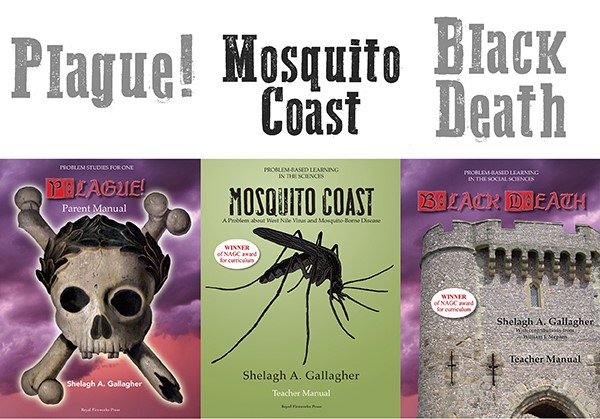
Why We Should We Teach Children about the Black Death
The coronavirus pandemic has changed the world, in part by disrupting educational systems across the globe. But education is arguably the key to preventing future pandemics. We offer problem-based learning units that can help teach children how to problem solve issues of public health and safety—an invaluable tool both for themselves and for societies around the world.
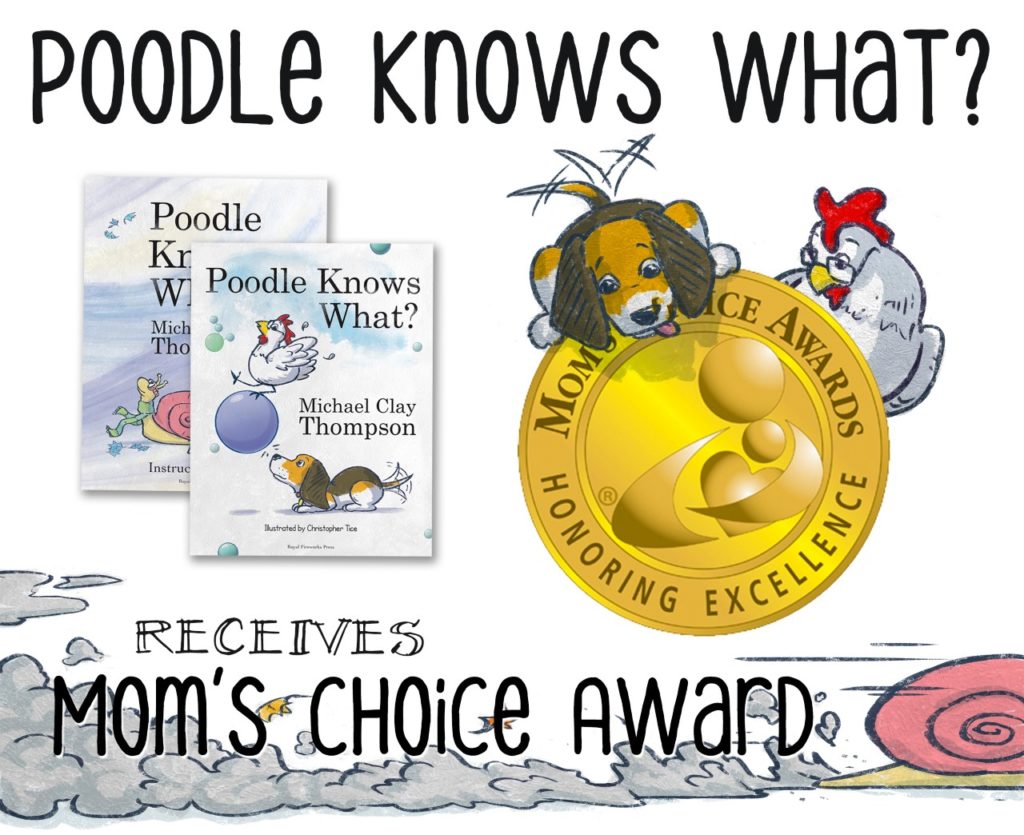
Michael Clay Thompson Receives Another Award!
We’re proud to announce that Michael Clay Thompson’s latest book, “Poodle Knows What?,” has received a Mom’s Choice Gold Award honoring excellence! And we’re not surprised. This book is perhaps the most delightful way to teach young children grammar that has ever been produced!

Royal Fireworks Press Receives Homeschool Award
We have been chosen as one of the howtohomeschool.net 2020 Best Homeschool Curriculum and Resources Award winners! It was for us as an entire company and not simply for a single set of our offerings or a single focus of our materials; it was for everything that we have done.
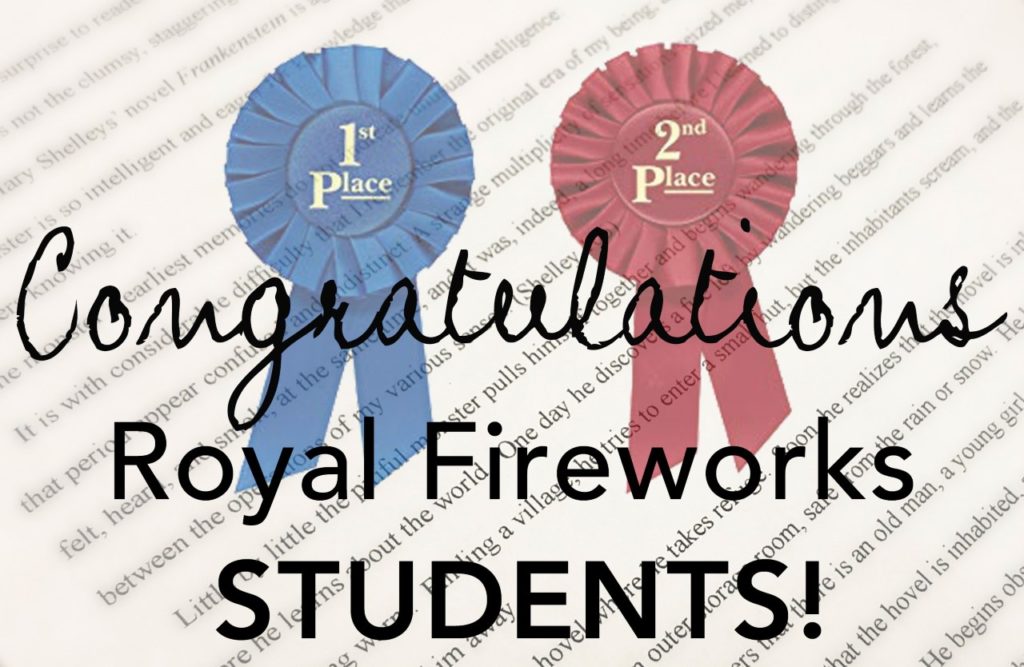
Four Royal Fireworks Students Earn National Award
We’re thrilled to announce that four of the students in our Online Learning Community have won awards for their creative writing in a national Halloween Ghost Story contest! This is the second consecutive year in which a significant number of the awards have gone to online students of Myrna Kemnitz.
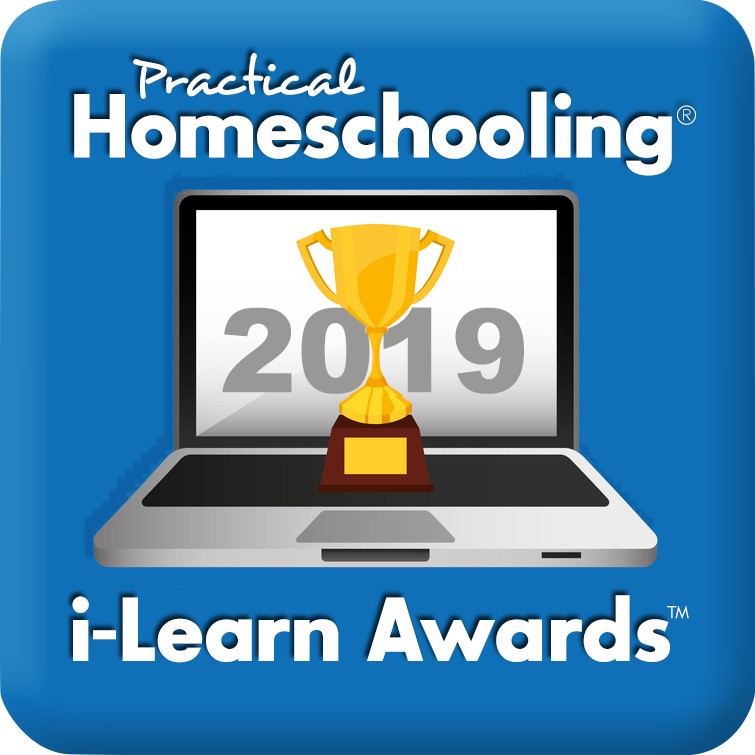
Another Honor for the MCT Language Arts Curriculum
The readers of “Practical Homeschooling” magazine have voted Michael Clay Thompson’s language arts curriculum the best for online instruction in 2019. These online courses truly are formative experiences for the children who have the opportunity to take them.

Mathematicians Are People, Too
“The stories of these mathematical pioneers show that math is done by real people who lived real lives. They didn’t start out knowing everything. They had to study and learn, making both discoveries and mistakes along the way. By following the paths they took, readers can uncover the human side of mathematics.” – Robert Black
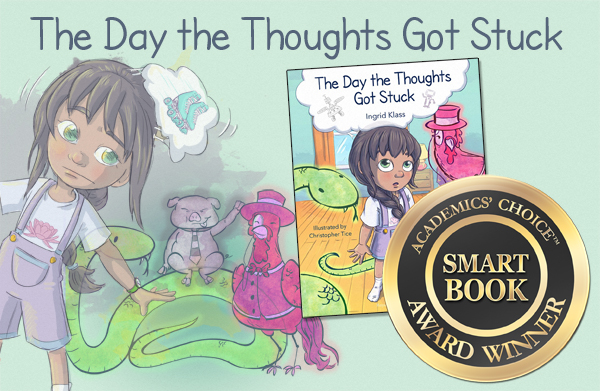
“The Day the Thoughts Got Stuck” Is an Academics’ Choice Award Winner!
We are proud to announce that “The Day the Thoughts Got Stuck” has received an Academics’ Choice Smart Book Award! The book was commended for the importance of its subject matter, its readability, and its illustrations. The reviewers were impressed with how the book helps children to understand and control their thoughts and emotions.
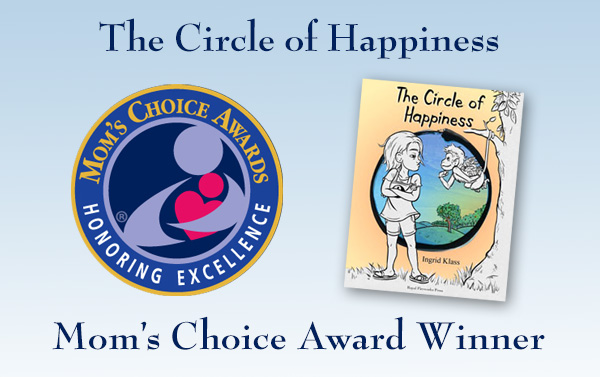
“The Circle of Happiness” Receives Mom’s Choice Award!
“The Circle of Happiness” by Ingrid Klass has been given a gold Mom’s Choice Award! Beautifully illustrated, the book introduces preteens and teens to the fundamentals of Eastern philosophy in a fun and engaging way. The storyline, centered on the problem of how to find happiness, will draw them in and help them find connection with the concepts.
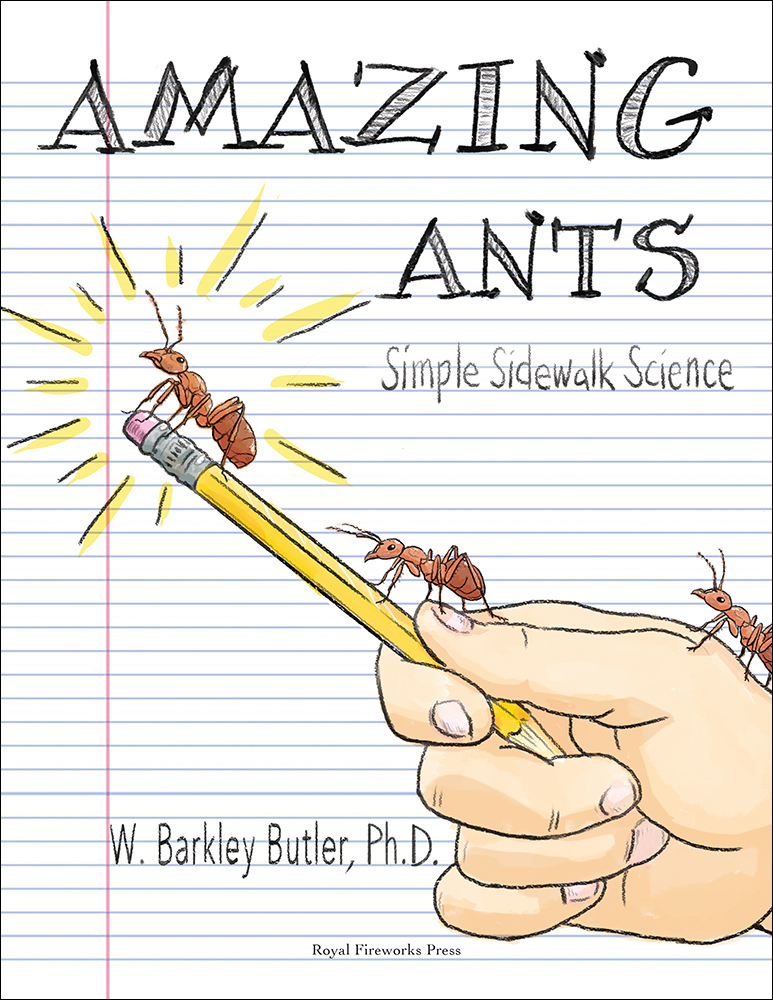
A Review of “Amazing Ants: Simple Sidewalk Science”
“Not only does ‘Amazing Ants’ teach ant study, but it also teaches inquiry-based science in a way that both parents and science educators can easily implement. Far too many science texts and classes shy away from true inquiry-based learning, but this book doesn’t do that. And it is written to go directly into the hands of students.”

We Have a Winner!
Better yet, we have WINNERS! In this semester’s creative writing courses, the students were given an optional assignment to enter a national creative writing contest. We are proud to announce that our students received five of the possible nine awards.
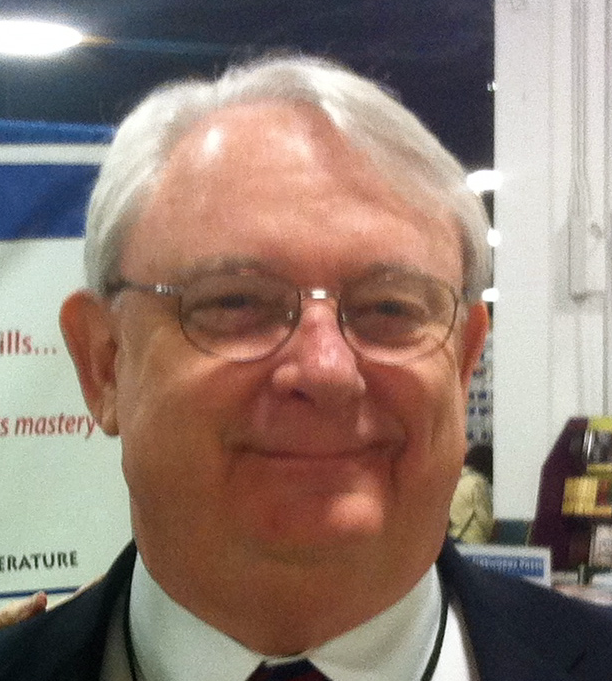
A Letter to Michael Clay Thompson from Grateful Parents
“I have no doubt that every child would benefit from what you have to offer. For our particular child, though, this connection to the world of ideas…I do not mean to overstate it, but this has been a lifeline for her.” – parents of a child taking one of Michael’s courses in the Royal Fireworks Online Learning Community
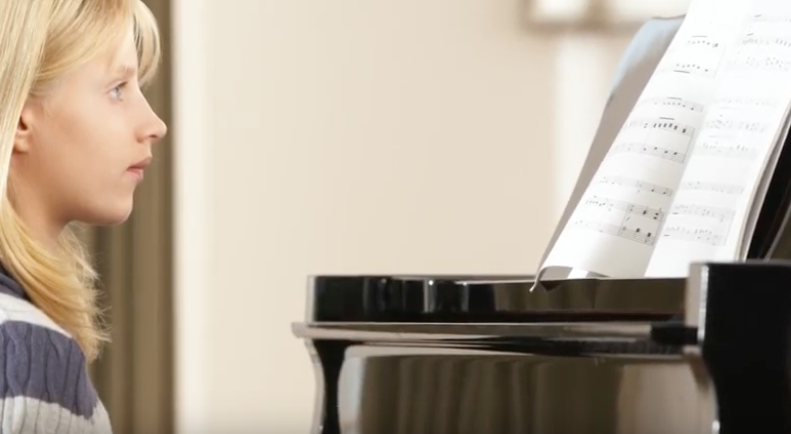
Doing Four-Level Grammar Analysis Is Like Practicing the Piano
“Why do students have to keep doing four-level analyses in every level of the MCT curriculum once they know how to do it? This is a good question. But four-level analysis is different because it is an expansive inquiry into language; it is investigating something that is not concrete or simple but that is essentially bottomless.” – Michael Clay Thompson

The Interdisciplinary Concept of the MCT Vocabulary Program
“My central concept for ‘The Word Within the Word’ is that it is a profoundly interdisciplinary vocabulary curriculum, interweaving the vocabulary of science, mathematics, history, literature, art, and more into a great vocabulary fabric that will make students better in every subject and prepare them for the future like no other curriculum ever has.” – Michael Clay Thompson

Transforming Gifted Education from a Dream to a Goal
“From time to time, it is healthy for us, as educators devoted to optimizing differentiated education for gifted children, to reexamine our most fundamental assumptions. The assumption I would like to discuss can be expressed in a question: Is gifted education a dream or a goal?” – Michael Clay Thompson
